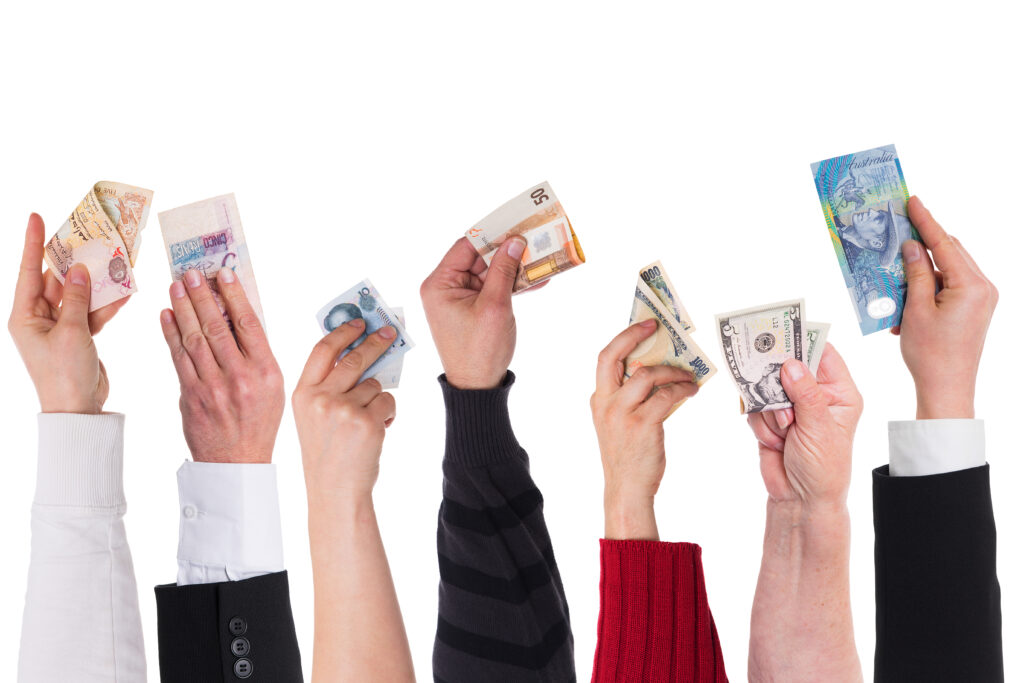The far-right Alternative for Germany (AfD) party has received its largest-ever donation, raising questions about the financial structures of political parties in Germany.
AfD’s Record-Breaking Donation Sparks Debate
On Wednesday, the AfD received a €1.5 million donation from Winfried Stöcker, a multimillionaire medical entrepreneur previously fined for conducting an unauthorized COVID-19 vaccination campaign. This donation is the largest single contribution the AfD has ever received, surpassing its previous record of €35,000.
While the donation has drawn criticism, it is entirely legal under German law, which imposes no upper limit on individual or corporate contributions to political parties. This stands in contrast to many EU countries, where donation caps are standard.
As Germany prepares for elections on 23 February, the donation highlights how political campaigns are financed in the country. Despite relatively low campaign costs compared to other nations, political spending has been steadily rising, with parties represented in the Bundestag spending €235 million during the 2021 election cycle, up from €184 million in 2017.
How Are Political Parties in Germany Financed?
German political parties fund themselves through a mix of state funding, membership contributions, elected officials’ salaries, and private or corporate donations.
State funding is the primary source, accounting for over one-third of parties’ revenues. The amount received depends on a party’s performance in recent elections and the contributions it has collected from members.
However, state funding is capped at 50% of a party’s total income, ensuring parties generate revenue from other sources. In 2024, the Bundestag president set the cap for total state funding at €219 million.
Membership contributions are the second most important revenue stream, while private and corporate donations typically play a smaller role. Critics argue that this system favors larger, established parties like the Christian Democratic Union (CDU) and Social Democratic Party (SPD), as smaller parties receive less support based on their electoral performance.
Are There Limits on Donations?
Germany does not impose limits on the size of donations individuals or corporations can give to political parties or on campaign spending. This contrasts with 19 EU member states that cap contributions.
To ensure transparency, all donations exceeding €35,000 must be reported to the Bundestag and made publicly available online. Donations between €10,000 and €35,000 are published in parties’ annual reports, but these are only accessible two years later.
However, loopholes remain. Associations, or Vereine, can collect donations over time and transfer them to political parties without disclosure. This practice has been criticized for enabling circumvention of transparency rules.
Past Controversies and Calls for Reform
The AfD has faced scrutiny over alleged illegal funding practices. Between 2016 and 2018, the party reportedly benefited from an unregistered €6 million advertising campaign funded through a Swiss shell company. Similarly, the left-wing nationalist Sahra Wagenknecht Alliance (BSW) has been accused of accepting €1.6 million in donations through an affiliated association.
Other major parties have also faced criticism. A ZDF investigation revealed that CDU district associations accepted €50,000 in donations over three years from a suspected smuggling ring leader, with individual amounts kept under €10,000 to avoid disclosure requirements.
NGOs and lobby groups have called for stricter rules, including donation caps and the mandatory disclosure of contributions as low as €2,000. While the SPD, Greens, and Free Democratic Party (FDP) discussed reforms during their coalition, the CDU reportedly blocked the measures.
Concerns Over Undue Influence
Aurel Eschmann of the NGO Lobby Control criticized the lack of a donation cap, warning that it allows “companies and the super-rich to tilt the political landscape in their favor.”
Commenting on the AfD’s recent donation, Eschmann said, “It is concerning that a wealthy donor is openly supporting a far-right party.” He emphasized the urgent need for stricter regulations to prevent undemocratic influence on Germany’s political system.


